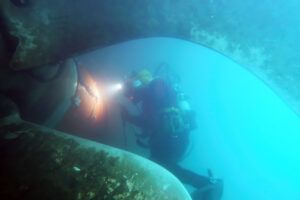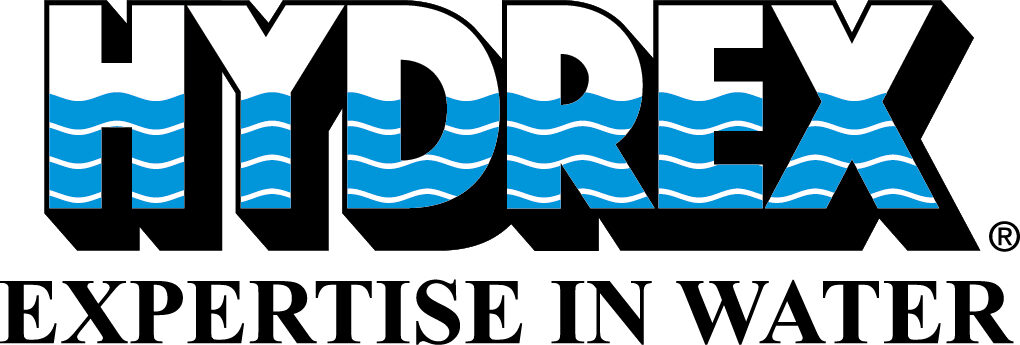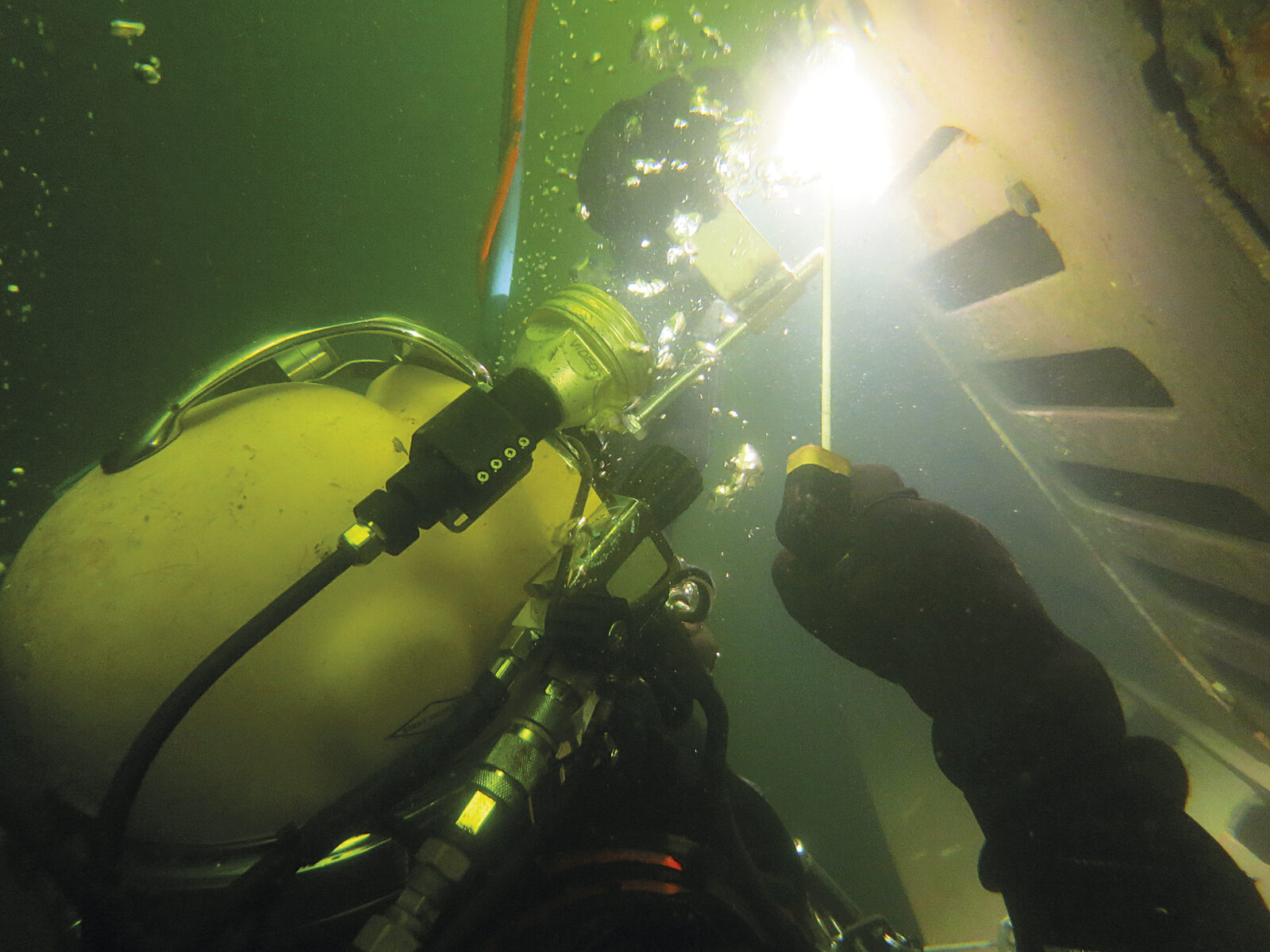We can carry out classification certified grade A wet welding. To guarantee the required high standard of these underwater welds, NDT tests were performed by ABS surveyors before the certificate was awarded.
The certificate was given to carry out grade A groove welding underwater. Most companies with a wet welding certificate can only carry out fillet welds and this often only to grade B or C. Cavitation or corrosion damage on rudders, clad welding, rope guard repairs, mewis duct repairs, … can now be done with permanent welding.
With a class B weld an inspection of the weld is required every three months. With class A welding the deadline for an inspection is much longer. This is decided by the attending surveyor on a case by case basis.
Any required inspection will be for the underlying problem causing the damage and not for the welding work. An internal structural problem causing damage will not always be handled after the repair and will need to be followed up. For instance, doubler repairs can never be permanent because the doubler is installed over the damaged plating instead of replacing it (as is the case with insert repairs).
With class A underwater welding only a note is made stating that the affected area needs to be looked at during the next scheduled inspection. This is very important for tankers as a clean class certificate is requested by most charterers.
Even for non-class items like rope guards the certificate is useful because it shows our customers that our diver/welders can carry out high quality underwater welding work. This is very important for offshore units where high quality standards need to be verified before welding operations like doubler repairs can be performed.
Contact us for more information on any underwater problem. We are at 24/7 call.
Click on the images below for recent case studies.
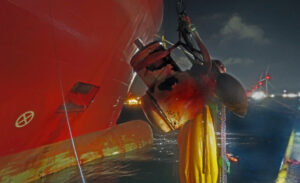
Underwater bow thruster removal and reinstallation in Zeebrugge
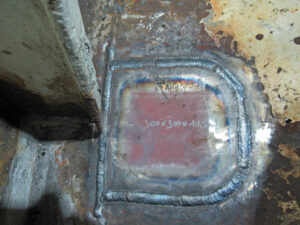
Shell plating repairs in Belgium, the Netherlands and Trinidad

Scrubber pipes repaired and given lasting protection
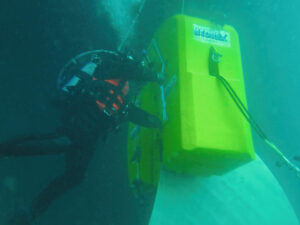
Restoring propellers above or under the water

Five underwater stern tube seal repairs in one month
